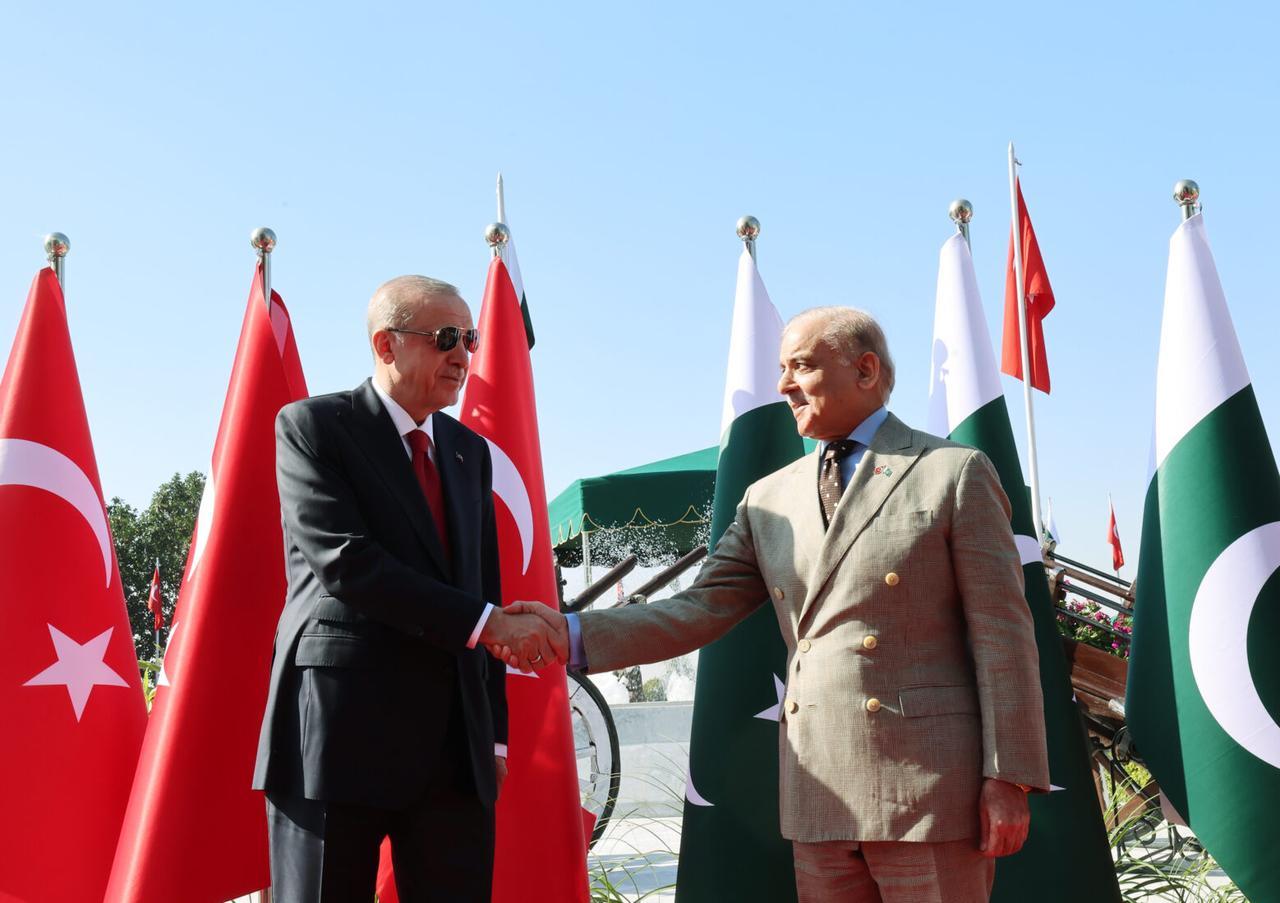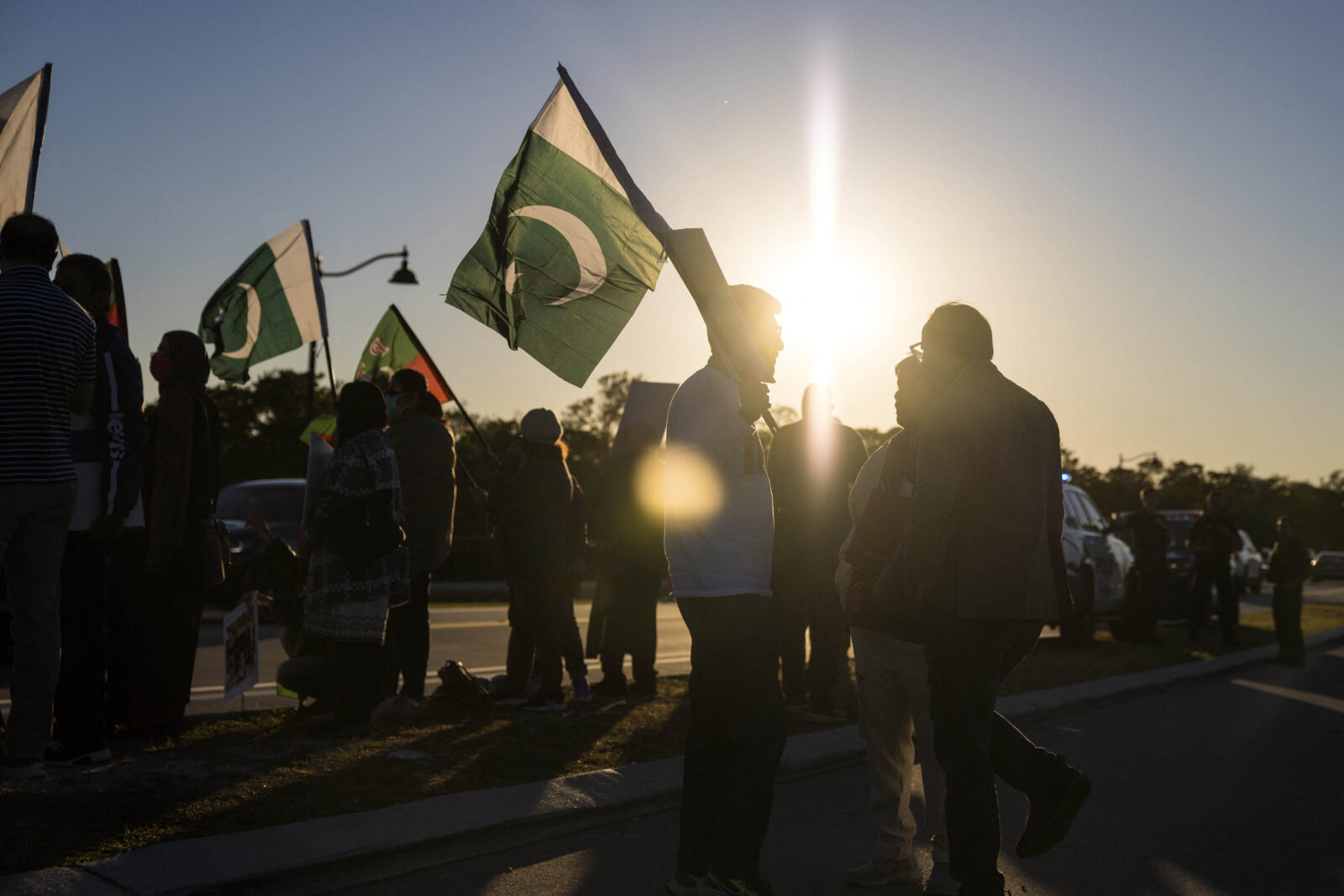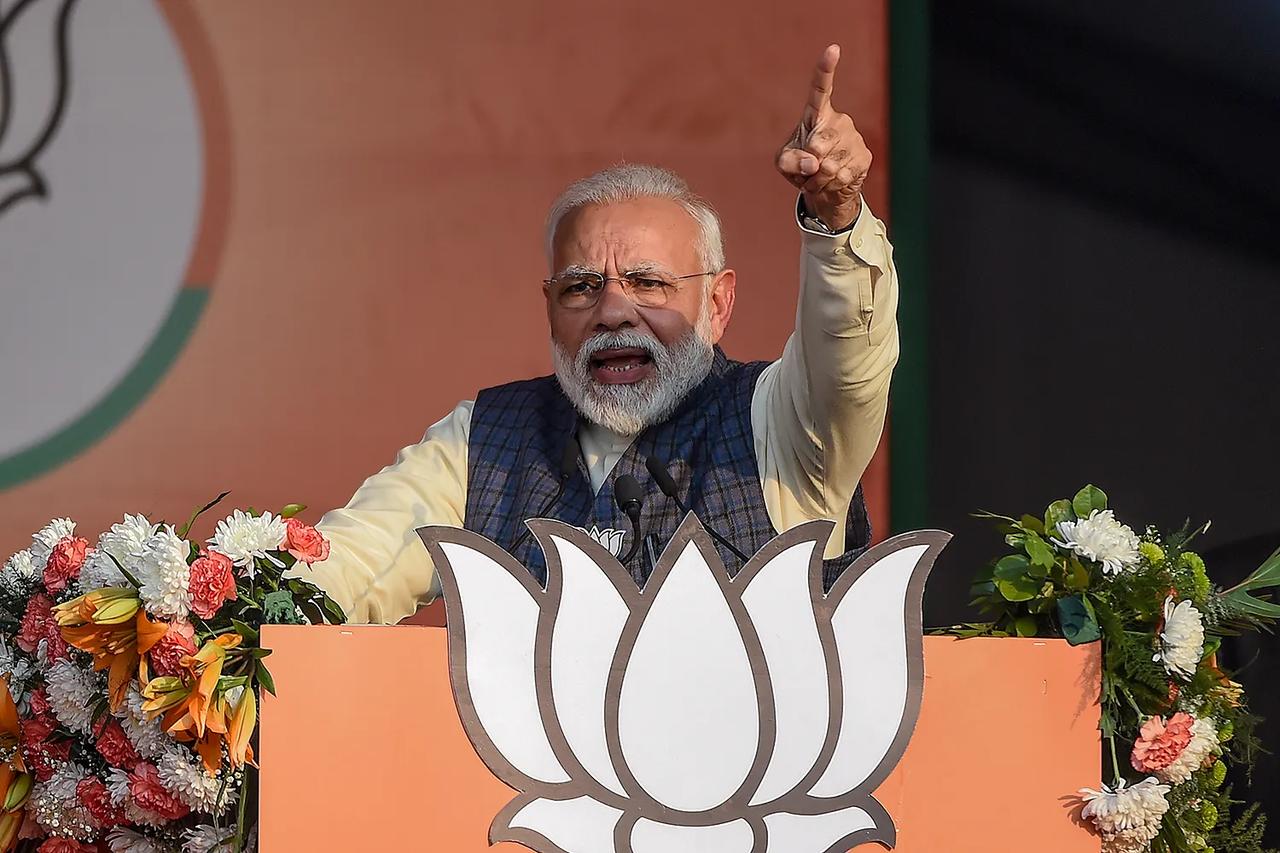
Ankara has expressed strong support for Islamabad following Indian airstrikes on civilians in Pakistan during the wee hours on Wednesday. Türkiye strongly condemned the Indian airstrikes as a "provocative initiative" that risks escalating into an "all-out war," labeling them an "unprovoked violation of Pakistan’s sovereignty.”
Ankara’s support comes in line with its longstanding alliance with Islamabad, characterized by deep defense cooperation and shared geopolitical interests. It also aligns with the country’s broader foreign policy objectives, which often emphasize solidarity with Muslim-majority countries and opposition to perceived unilateral military actions.
Türkiye and Pakistan’s diplomatic ties date back to the late 19th century, before Pakistan’s independence, when Muslims across the subcontinent, particularly in Northwest India, united together in the Khilafat Movement to rally support for the Ottoman Caliphate, a representation of Islamic unity, in the wake of World War I.
Türkiye was also one of the first countries in the world to recognize Pakistan after its independence. The former has publicly defended the latter's stance in its disputes with India, offering diplomatic and occasional military assistance while denouncing New Delhi's policy, particularly about Kashmir and the East Pakistan issue. Similarly, Pakistan firmly supported Türkiye's intervention in Cyprus Island and offered diplomatic backing in international forums.

The two nations' standing as "brothers in arms" on international issues was strengthened by this mutual assistance. Türkiye firmly supported Pakistan during the 1965 war between India and Pakistan, sending military hardware to strengthen Pakistan's defenses and issuing a formal statement in support of the country.
In line with Pakistan's position on the issue, Türkiye remained politically and militarily supportive of Pakistan during the 1971 war and did not recognize the newly created Bangladesh until much later. Pakistan stood by Türkiye’s side in 1974 when Türkiye militarily intervened to defend the Turkish Cypriot community in Cyprus after a coup supported by the Greek military junta.
As the only nation to oppose U.N. Security Council resolutions denouncing Türkiye's actions, Pakistan offered Türkiye strong diplomatic support during this intervention. Along with Pakistani military personnel delivering aid during the conflict, Pakistan also sent a medical team to support Turkish forces and help them fight the cause.
Both countries are also a part of joint treaties like Western security pacts—CENTO, SEATO, and NATO—to promote military cooperation. In 1951, Ankara and Islamabad also signed to promote peace and regional stability. Apart from Cold War alliances and cooperation, Türkiye and Pakistan are also a part of a lot of trilateral and regional initiatives like the Regional Cooperation for Development (RCD) formed by Iran, Türkiye, and Pakistan in 1964, particularly to curtail the dependence on Western support.
Türkiye has hosted several trilateral summits to foster regional stability and counterterrorism cooperation, acting as a mediator between Pakistan and Afghanistan. Both Kabul and Islamabad have acknowledged Türkiye's diplomatic efforts, and the process has been institutionalized through frequent follow-up meetings.
Türkiye and Pakistan share a history of a defense alliance and building up their militaries together. A $1.5 billion deal for four MILGEM-class corvettes was signed in 2018 between Pakistan and Türkiye. To improve Pakistan's naval capabilities and promote technology transfer, two are being built in Türkiye and two at Karachi Shipyard and Engineering Works. Additionally, Türkiye helps to maintain Pakistan's F-16 fighter jet fleet.
Given that Pakistan possesses nuclear weapons, there have been reports of collaboration between Ankara and Islamabad in the area of nuclear energy. Using cutting-edge systems created by Turkish firms Aselsan and Havelsan, Turkish defense company STM upgraded Pakistan's Agosta 90B submarines in the middle of their useful lives. Islamabad has boosted its aerial capabilities by acquiring Turkish Bayraktar TB2 and Akinci combat drones.
Furthermore, Pakistan and Türkiye are working together to develop the fifth-generation KAAN fighter aircraft, marking a significant milestone. Apart from these alliances, Türkiye and Pakistan also conduct joint military exercises aimed at improving combat readiness and tactical proficiency.

History bears witness to how Türkiye and Pakistan stood together through humanitarian and relief efforts. Following the devastating 2005 Kashmir earthquake, Türkiye sent 30 planes with medical teams and relief supplies, set up tent cities to house about 70,000 people, and sent a $150 million relief package to Pakistan, which included $50 million in relief supplies like blankets, flour, and sugar, and $100 million in financial aid.
Ankara also provided significant assistance during the devastating floods that battered Pakistan in 2010. This included sending medical teams, providing relief supplies, and offering financial support to the millions impacted by the tragedy.
Similarly, Pakistan provided immediate aid after the 1999 Izmit earthquake in Türkiye, which killed more than 17,000 people and left more than 250,000 homeless.
This included sending relief teams and providing financial assistance to help Türkiye recover. Pakistan also swiftly responded to the 2011 Van earthquake in eastern Türkiye and during the destructive 2023 earthquakes in Türkiye’s southeast by expressing solidarity with the Turkish people during the hard times and providing immediate assistance.
Ankara and Islamabad recently inked 24 strategic agreements, covering trade, defense, media, and healthcare, and agreed to accelerate economic and military collaboration in 2025. Both countries go down a long road of long-standing diplomatic ties and military cooperation.